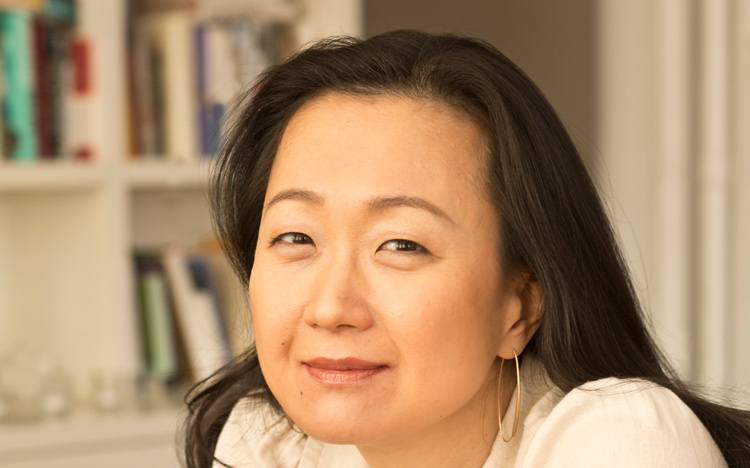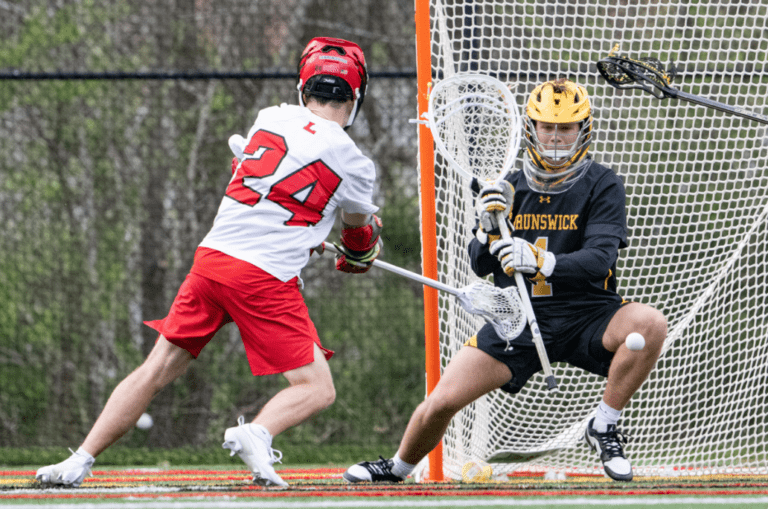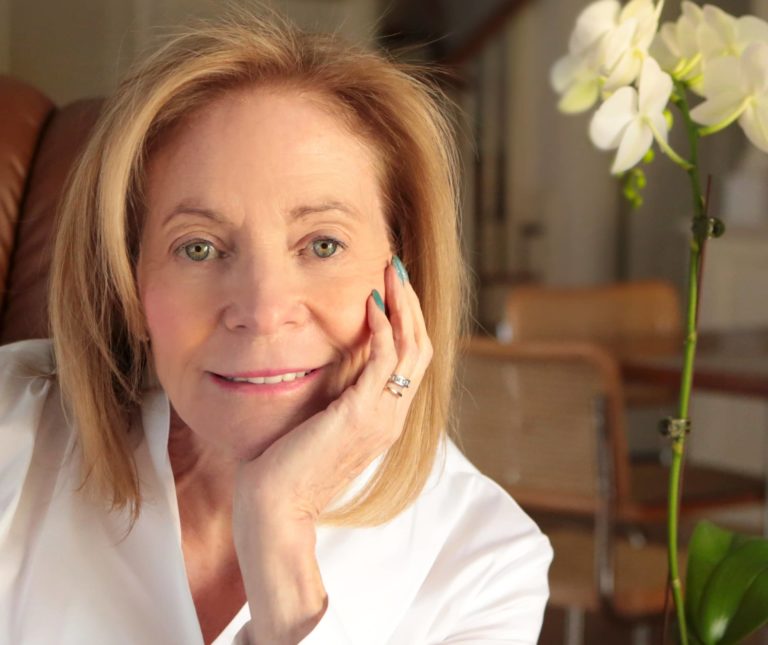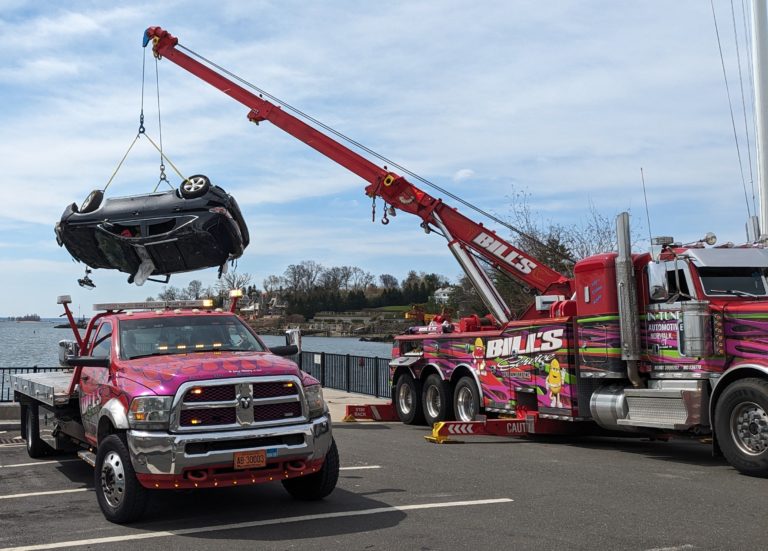

(Elena Seibert photo)
By Michelle Moskowitz
Sentinel Correspondent
Min Jin Lee, an American-Korean author of the national bestseller, “Pachinko,” will be speaking at the Greenwich Library on Tuesday, March 13 at 7 p.m. as part of the library’s Authors Live series.
In “Pachinko,” named one of the 10 best books of 2017 by the New York Times, and a National Book Award Finalist, Lee crafts a richly woven, historical tale of four generations of a poor, yet proud Korean immigrant family as they make their way to Japan in the early 1900’s.
Lee begins her novel with this compelling line, “History has failed us, but no matter.”
The Washington Post describes the book as, “A culturally rich, psychologically astute family saga,” which chronicles a family’s plight in shaping their own destinies through unwavering love, aspiration, sacrifice and endurance.
Lee, who was born in Seoul, South Korea moved with her family to the U.S. in 1976, where her family opened a small wholesale costume jewelry business in Queens, where Lee often worked behind the counter.
After teaching herself English and spending much of her time at the Queens Library, she went on to study history at Yale College, which first piqued her interest in the importance of exploring the Korean population in Japan.
After college, Lee attended Georgetown University Law Center and became a corporate lawyer in N.Y. But after a few short years, she decided to pursue her ultimate passion – for writing, which years later would manifest in Lee becoming a bestselling author with a great number of accolades under her belt.
Pulitzer Prize winning author and professor Junot Diaz says this of the novel – “’Pachinko’ confirms Lee’s place among our finest novelists.”
Lee’s debut novel, “Free Food for Millionaires,” was published in 2007 and was ranked one of the Top 10 Novels of the Year by The Times (London), NPR’s Fresh Air and USA Today. It was also a New York Times Editor’s Choice.
Also, an essayist and literary critic, Lee’s writings have appeared in many publications such as Vogue, Wall Street Journal, and the New York Times Magazine among others.
While working on “Pachinko,” Lee lived in Tokyo for four years with her husband and son, where she conducted numerous interviews with ethnic Koreans about their deeply textured histories.
Currently on book tour, Lee took some time out of her busy schedule to answer the Sentinel’s questions about “Pachinko” and shed some light on some of her life experiences:
GS: Moving from Seoul, South Korea to Queens, N.Y. at age seven must have been a culture shock at first for you and your family. How did you embrace this vastly different culture?
MJL: I used to read a lot of books about Western fairytales in Korea so I thought that America would be just like Cinderella so I was really surprised when Seoul and N.Y. were actually very similar, in terms of being an urban city, just different people.
GS: Not knowing English when you first came to the U.S., you had said the Queens Library became your savior. Please tell us about that and what books have had a profound effect on you?
MJL: The Queens Public Library became a very safe haven for me because I didn’t know how to deal with the other children, not only because I couldn’t speak English, but I was also very awkward.
Some of my favorite book are “Middlemarch” by George Elliot, “House of Mirth” by Edith Wharton, “The Fire Next Time” by James Baldwin and also “Sister Outsider” by Audre Lorde.
GS: At Yale College, you received two prestigious awards for fiction: The Henry Wright Prize for Nonfiction and the James Ashmun Veech Prize for Fiction and yet, you decided to go on to law school and pursue a different path. What was the impetus for that?
 MJL: I never thought that I would be a writer, it was not something I thought I could be. Coming from my background, it was just a fantasy. The fact that I got those prizes was very surprising to me, but I didn’t think I could make a living as a writer, I just didn’t know how people did that.
MJL: I never thought that I would be a writer, it was not something I thought I could be. Coming from my background, it was just a fantasy. The fact that I got those prizes was very surprising to me, but I didn’t think I could make a living as a writer, I just didn’t know how people did that.
I got in to a very fancy law school and I thought, it’s a perfectly respectable job so I thought I would do that though I liked being a lawyer.
GS: You have said that the concept of “Pachinko” came to you many years ago. How did the idea first originate and what writing techniques did you use to weave such an intricate family saga with such historical texture and depth?
MJL: I learned about the Korean Japanese when I was in college in 1989. I attended a lecture featuring an American missionary who served as a pastor to a Korean-Japanese population. At the lecture, he told a story about a boy who had been bullied by his Japanese classmates, and that story stayed with me. I graduated and went to law school then practiced for two years. My second novel manuscript was about the Korean Japanese, and I was interested in using an omniscient narrator to integrate all the different characters of this specific community. The omniscient narrator allows great flexibility in highlighting the intersection of the individual and the community, so this is a point of view I prefer for my fiction.
GS: What was your defining moment when you decided that becoming an author was your destiny and how did you make that transition?
MJL: I still don’t think it’s my destiny. I find it really hard to make it as writer and of course there are times when I become discouraged about it. I find it difficult to be an artist, but am very humbled. I think that a writer should write because she wants to. I show up, I write my work but I don’t expect applause and I don’t expect to sell a lot but I’m so thrilled when I do.
GS: What books are currently on your night-stand?
MJL: “Human Acts” by Han Kang and “Why We Sleep,” by Matthew Walker.
GS: What is the most important message that readers can take away from “Pachinko?”
MJL: That we are all family, all of us.
GS: What is your next project on the horizon?
MJL: “American Hagwon” – the third novel in my Korean trilogy which is about tutoring centers and the role of education for Koreans around the world.
Doors will open for this highly anticipated event at 6:30 p.m., and guests will be seated on a first-come, first-serve basis.
Lee also includes a compelling reading group guide at the end of the book.
On March 21, there will also be a “Pachinko” Cos Cob Brown Bag Book Discussion group at the Cos Cob Library at noon.
Visit minjinlee.com and greenwichlibrary.com for more information.




